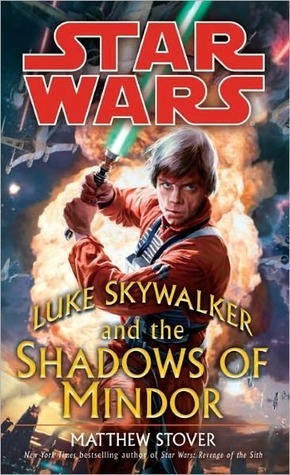What do you think?
Rate this book


337 pages, Kindle Edition
First published December 30, 2008
The dark is generous and it is patient and it always wins – but in the heart of its strength lies its weakness: one lone candle is enough to hold it back. Love is more than a candle. Love can ignite the stars.